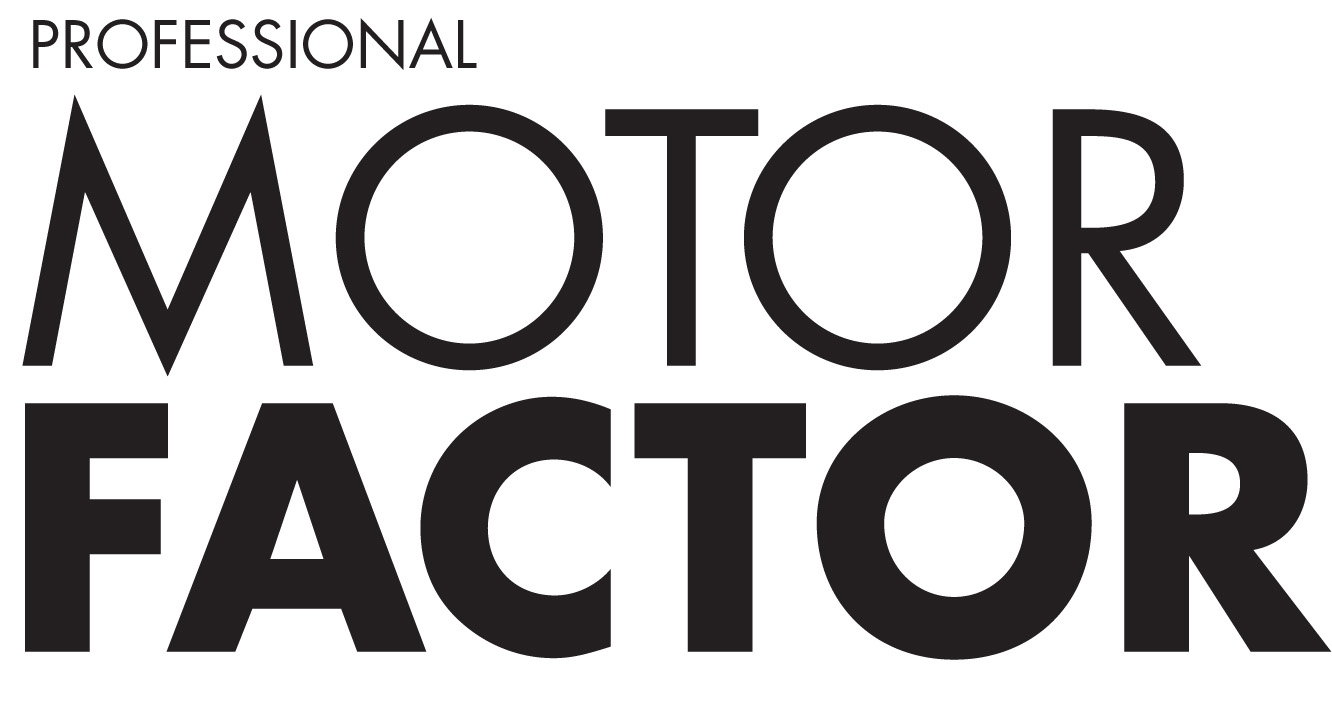Glen Callum gives tips on navigating job market in 2024

Looking for your next job but unsure of how to take the next step? Searching for guidance in how to stand-out? Wanting to prepare yourself the best way you can in the likelihood of a competitive field? Kerrie Richards of Glen Callum Associates answers our questions and hopes to offer you words of wisdom.
Q. As professionals in the recruitment industry, what advice do you have for individuals in the motor factor sector who are considering a career change or looking for a new role in the new year?
A. “If you’re looking for a new role or career change, clarify your skills, attributes and experience, and (determine) what it is you are looking for in a new role. If you are open to advice on how skills could be used for a career change, then it would be useful to speak with a recruiter within the industry.
“A sector specialist recruiter will understand what companies have vacancies or who are maybe looking to recruit in the near future and will know the roles that are sought after or needed because of changes to technologies or ways of working.
“They will be able to advise how to tailor a CV and highlight skills, industry-specific or transferrable, to match the requirements needed.
“A specialist recruiter will understand your industry experience and can provide expertise and assistance, not only in the area of recruitment (i.e. CV writing, interview techniques, and offer negotiations), but can also guide you on industry matters too.
“Make sure your CV is up to date, accurate and contains your correct contact information.
“Be clear where you want your career to go and what roles you want. If you are a parts advisor, ask yourself if you want to expand your role or move up, and what are the next steps, why are you looking, what do you ideally want from a role and are you getting this currently?”
Q. In the competitive job market, what are the key elements that set successful candidates apart, and how can individuals enhance their profile to stand out to potential employers?
A. “Candidates who are able to match their skills to a role and showcase these skills and attributes on their CV and LinkedIn profiles will have the upper hand.
“Using SEO and keywords to enable their CV or profile details to be easily found by recruiters and hiring managers, or HR staff, will also have the edge.
“It’s important to tailor your CV and/or covering letter to the job you are applying for. Ensure your details are up-to-date and adjust your CV to highlight the experience that the job requires – be sure to be honest!
“When sending in your covering note, it’s always good to provide an indication of salary expectation, as this will also help the hiring staff present your details accurately and precisely. You don’t need to put it on your CV, but you can outline your expectation in your covering note.
“Ensuring your profiles are regularly updated and that that they are proofed by a recruitment professional will also enable visibility with hiring companies and HR managers.
“Take a critical look at your social media profile. Ask yourself if it matches how you want to be perceived by a prospective employer and check – does your profile mirror your CV?
“Match the key skills on your profile to the roles and companies you are targeting and look at the current social media trends and align these to your profile. What’s more, include references, endorsements and recommendations on your profile.
“Look at social media and put an ‘open to work’ banner on LinkedIn (if your current employer knows you are looking).
“Target your applications, read the advert fully and think about why you are applying. Ensure your photograph is professional or that you appear approachable. Call the company or recruiter and follow up on your application. Use this as an opportunity to demonstrate skills and ask relevant questions.
“Remember to plan for the job search – do your research prior to any interview and go armed with questions.”
Q. Could you share insights into the current trends and demands in the motor factor job market, and how candidates can align their skills and experiences with these industry needs?
A. “Trends and demands are ever changing and vary with location, so we advise jobseekers to speak to their recruiter. Look to match the skills you have, whilst also looking to see how any skills needed are obtained via training.
“Keeping abreast of new job roles and industry stats from the ONS and GiPA is also useful in understanding where the trends are leading, as well as tracking new technologies.
“If you are transitioning from a different sector, you should assess what steps you can take to effectively highlight transferrable skills and make a successful switch in your career.
“There are many sectors that motor factor employers have successfully recruited from within, and this is beneficial to help with the skills gaps experienced within the sector.
“Again, you will need to look to match the skills you have – if the role is predominantly customer service driven then you will need to highlight the skills gained in other roles within customer service and craft a good covering letter explaining how those skills are transferrable. Always follow up with a call or email.
“We also recommend taking each point of the job requirements and giving examples of how you have undertaken these even if within a different industry. Think about core skills, such as communication, leadership, sales and IT that are easily transferable.
“Align your skills and upskill to allow for new technologies.”

Q. In the digital age, how has the recruitment process evolved, and what role does technology play in matching qualified candidates with motor factor job opportunities?
A. “Again, a lot of the screening tools used presently rely on SEO or keywords. Recruiters will utilise job boards, social platforms and databases to find candidates, as well as using their own networks and adverts.
“Technology has driven the recruitment industry forward; gone are the days of paper CVs and fax machines. Candidates can now upload their CV and apply with one click, making the recruitment process very fast paced.
“Recruiters have technology at their disposal to speed up their internal processes and clients can utilise video platforms to conduct interviews; however, recruitment will always remain a peopledriven industry and, in my opinion, the need for face-to-face and verbal communication will never go away.
“AI is used in recruitment but isn’t a complete solution and won’t replace face-to- face contact or the physical human process because it’s an emotive industry.
“If you use AI, especially the likes of ChatGPT, then check the details to ensure it aligns with your requirements and allows for your cultural fit.
“Technology can aid the selection process but can’t be wholly relied upon to assess personality or cultural fit.”
Q. Considering the importance of cultural fit in a professional setting, how does Glen Callum Associates work with both candidates and employers to ensure a harmonious match?
A. “When we take skillsets out of the equation, the question always remains: is the candidate the right fit for the company and is the company the right fit for the candidate?
“How do we find this out? Through detailed screen interviewing on our part and then encouraging open and honest conversations between candidate and client – ultimately the only way this is established is through meeting and getting to know each other.
‘Understanding the client, culture, needs and working environment and assessing at screen stage is a key skill. We do use personality and role-based profiling to aid the process. However, we don’t suggest this as a stand-alone selection tool.”
Q. As we settle into 2024, what overarching advice would you give to individuals in the motor factor sector, both experienced professionals and those starting their careers, in terms of long-term career planning and development?
A. “Look at your long-term goals and aspirations. Where do you see yourself? What experience, skills, training and qualifications do you need?
“What culture do you want to consider – do you enjoy a corporate environment or family-feel atmosphere? Do you see your career in a large organisation or an SME?
“Use your planning to determine what type of role or company suits your needs and have a chat with a specialist recruiter in that field. They will give you advice on where your skills and attributes fit and can advise you on how to tweak and present your CV and what roles would be best suited to you.”








